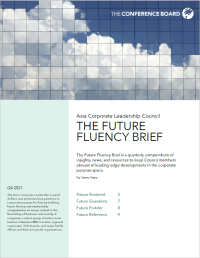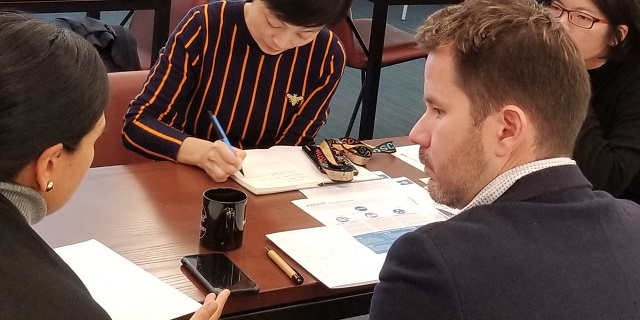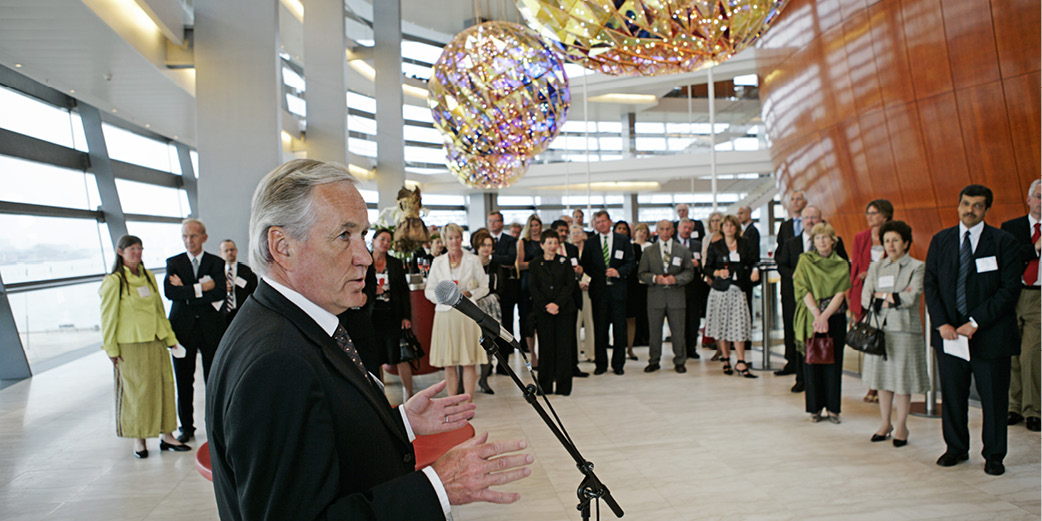Doughnut Economics

- Authors:
-
Publication Date:
November 11, 2021
In the hoopla surrounding the Conference of the Parties (COP) 26th convention, and high expectations for strengthened GHG reduction commitments from Paris Agreement signatories, there lurks an epic unspoken issue on which most climate thought leaders agree: Ultimately, systemic change is a fundamental requirement for counteracting climate change and enabling a truly sustainable future. There are many ideas and visions for what systemic change might look like. According to economist Kate Raworth, author of Doughnut Economics: Seven Ways to Think Like a 21st Century Economist, it is the global economic foundation itself that requires retooling. If that sounds like a tall order, consider for a moment what is at stake: “Global population stands today at 7.3 billion [7.8 billion to date] and is expected to reach almost 10 billion by 2050, levelling off at around 11 billion by 2100,” (p. 5) “The global middle class…is set to expand rapidly, from 2 billion today to 5 billion by 2030,” (p. 43) “The world’s richest 1 percent now own more wealth than all the other 99 percent put together,” (p. 4) “More than 50 percent of the total increase in global income…was captured by just the richest 5 percent of the world’s population,” (p. 129) “Around 40 percent of the world’s agricultural land is now seriously degraded,” (p. 5) “30 to 50 percent of the world’s food gets lost post-harvest, wasted in global supply chains or scraped off dinner plates and into kitchen bins,” (p. 50) “80 percent of the world’s fisheries are fully or over exploited,” (p. 5) …unfortunately, the list goes on. In effect, this collection of human impositions have brought our planet to its ecological threshold and created – in the process – massive income disparities. To course correct, argues Raworth, we must revision the economic underpinnings that have on the one hand delivered the greatest single period of global wealth expansion, and on the other hand, concocted a consumption-driven behemoth that holds sway over our every macroeconomic decision. Against this backdrop, Raworth asks: “What if we started economics not with its long-established theories but with humanity’s long-term goals, and then sought out the economic thinking that would enable us to achieve them?” (p. 8) Download the full publication to continue reading. Click here to learn more about the Asia Corporate Leadership Council.
- CREATE AN ACCOUNT SIGN IN
-
Complimentary. Sign in or create an account to access.
















